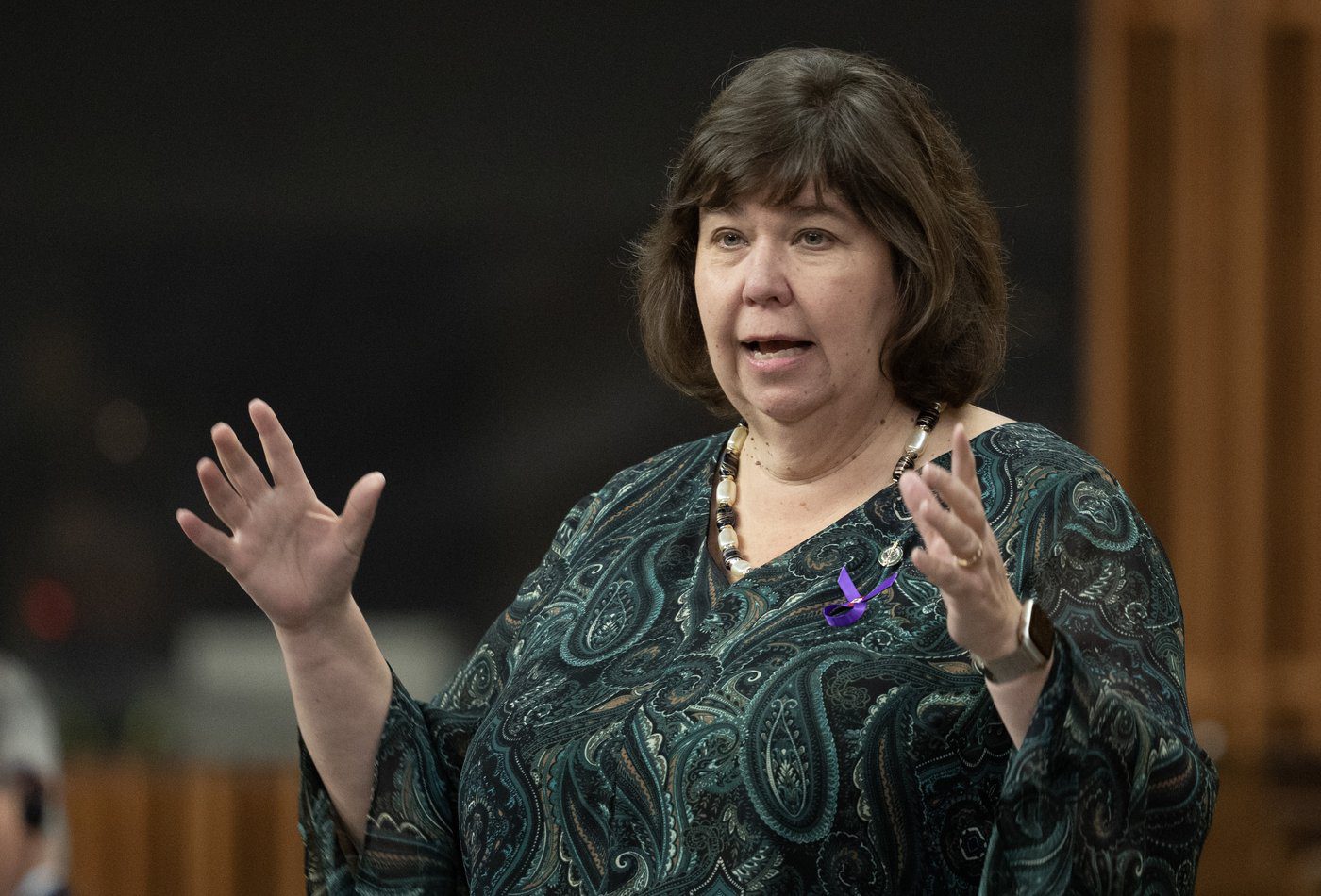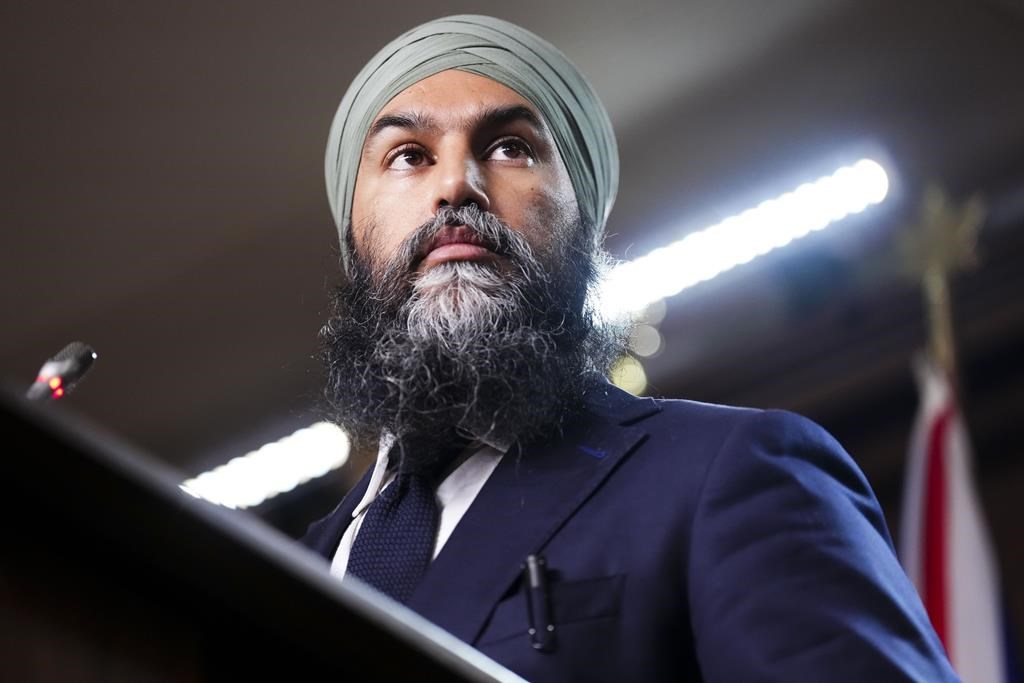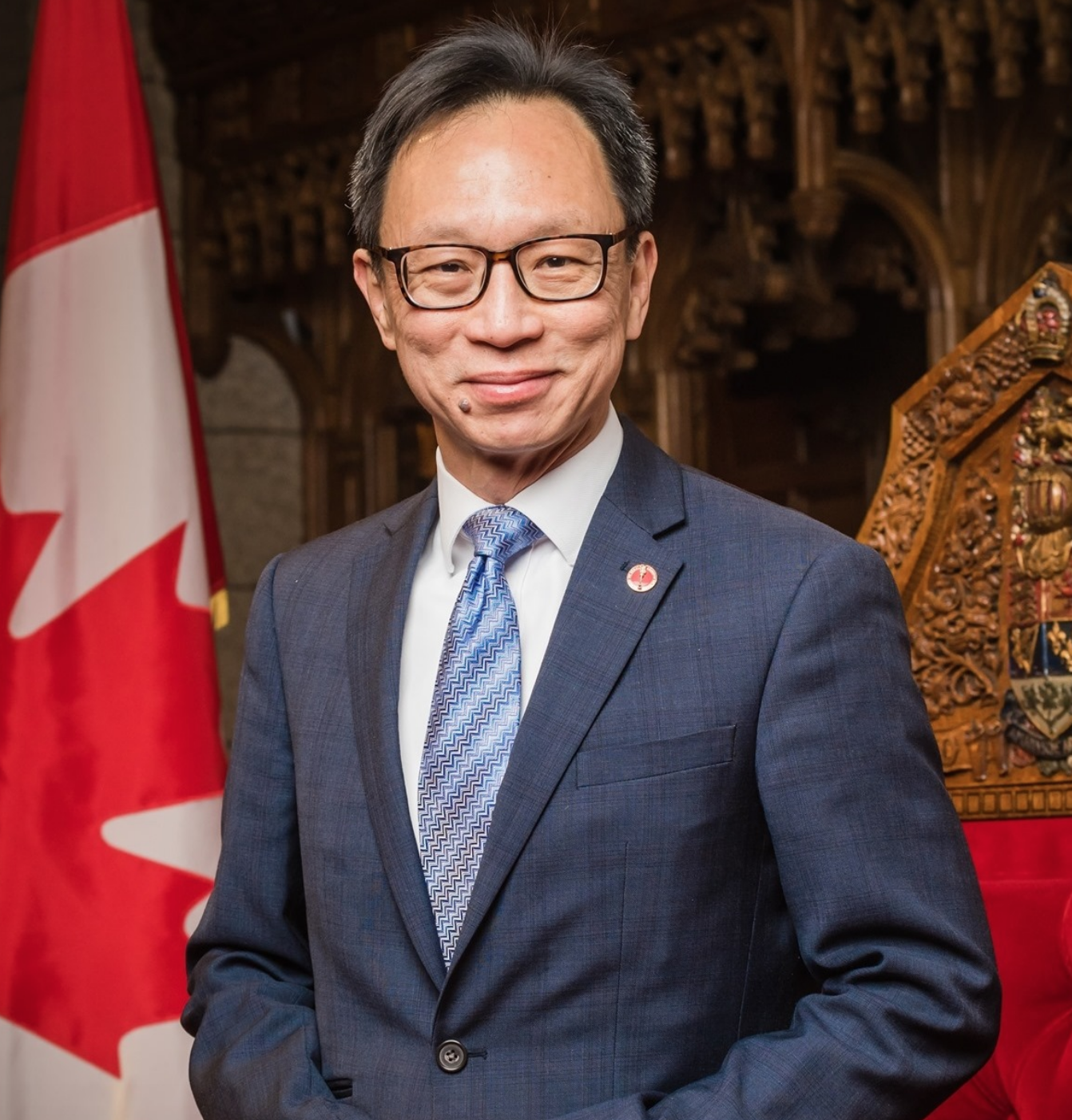It’s that time of year again, where opposition parties start getting antsy for new means by which they can embarrass the government, and the best way to do that in the dog days of summer is to hold “emergency” committee hearings. If they can get one of the other opposition parties on board, no matter how dubious or indeed ridiculous the premise, then the committee has to recall and a vote be held as to whether or not they’ll hold a full meeting or series of meetings on the subject of the “emergency.” Mercifully, we had very few of those meetings last summer because the Bloc and the NDP were not in the mood to play ball with the Conservatives, but this year, they are starting up once again, in part because of the incentives at play, which are to harvest clips for their social media channels. Gone are the days when committees actually did serious work—everything is now a performance for the cameras.
One of the most important things to note off the top is that the committees in play right now are all those who are chaired by Conservatives. Under the Standing Orders, several committees are automatically chaired by members of the official opposition, and they include the Access to Information, Privacy and Ethics committee, Government Operations and Estimates, Public Accounts, and Status of Women. This is to ensure that for committees with a more pronounced role of scrutinizing the government, that the government’s chair on those committees can’t use their power and influence to sway the studies away from topics that might embarrass the government. Each of those committees are implicated in these summer clip-harvesting exercises, starting with the Ethics committee’s July 17th meeting to conjure up a supposed ethical breach by employment minister Randy Boissonnault where the Ethics Commissioner has already stated that one does not exist.
What garnered a lot of attention was the Status of Women committee meeting last week, where a couple of the witnesses walked out in tears after the meeting derailed, but much of the blame was put on Liberal MP Anita Vandenbeld even though the whole exercise was a set-up from the beginning. The meeting was held under the auspices of “study of testimony related to the committee’s core mandate,” and no opposition party was given the ability to suggest witnesses, as is how things normally happen. And right off the start, these witnesses made their statements and had a round of questions from the Conservatives, before anyone else could object to the circumstances by which said meeting was convened. When she finally got a turn, Vandenbeld noted that they have done several studies already on gender-based violence, and pointed out that the Conservatives abused their position as chair in order to call this meeting in the way they had, which had the effect of playing on the trauma of the witnesses, before moving a motion that they would be better off considering the study on reproductive health that the committee has been sitting on since March 2022.
There is blame to go all around on this, starting with the Chair, Conservative MP Shelby Kramp-Newman, who abused her powers to summon witnesses without the input of any of the other members of the committee, and treating this like an emergency situation. She also sold a false bill of goods to those witnesses, which should be inexcusable. The intent by the Conservatives, as evidenced by a motion that Conservative MP Michelle Ferreri tried to move later in the meeting was to try and tie the Liberals to the (slight) increases in violent crime reported by Statistics Canada in their annual Crime Severity Index report, with the motion that “That the committee hold four more meetings on the impact of violent crime against women.” Clearly this was an attempt to try and catch the Liberals out and get clips of them badgering and hectoring the government about how they are the ones responsible for this increase in violent crime, but the Liberals weren’t about to play ball on that.
Nevertheless, Vandenbeld trying to move the committee back to the reproductive health motion, which is more specifically about ensuring national access to abortion across the country—because yes, there are plenty of places where access is not readily available because of the actions of provincial governments—came across as extremely crass. It’s no secret that the Liberals are trying to jam the Conservatives on the question of abortion rights, particularly given that they hope to capitalize on what happened with Roe v Wade in the US, and such a naked attempt at the committee when trying to avoid the Conservatives’ planned clip-harvesting dog-and-pony show saw not exactly sensitive to the witnesses, no matter that they were present under false pretenses. It’s a very real problem with committees these days that people wind up wasting their time coming in as witnesses only for the committee to devolve into procedural gamesmanship, and this was no different.
There is more of this to come. This week, the Public Accounts committee will be looking into the ArriveCan issue, but more specifically, the Auditor General’s report on it, because that’s the purpose of the Public Accounts committee, and I cannot fathom why this would merit an “emergency” summer meeting outside of the obvious example of this being solely about harvesting clips of Conservative MP Michael Barrett calling the government “corrupt,” and asking about RCMP investigations when that has nothing to do with the Auditor General’s findings—most especially because she didn’t make any findings related to the government in what happened. The week after, the Government Operations Committee is going to be looking into the purchase of the C$9 million Manhattan condo as the new residence for the Consul General in New York, for the sole purpose of performative hairshirt parsimony by all three opposition parties, even though this really isn’t something that this committee should be concerned with.
These committees are supposed to be doing serious work, but the fact that they now solely for the provenance of dog-and-pony shows for the benefit of the cameras is damaging to democracy. We need our MPs to take their jobs seriously, and simply harvesting clips for social media as if they were Millennial wannabe-influencers trying to juice their engagement numbers is not that. If we want to preserve our democracy from the authoritarian populism heading our way, we need to demand better from our MPs.











